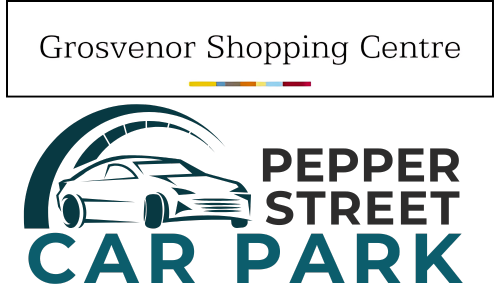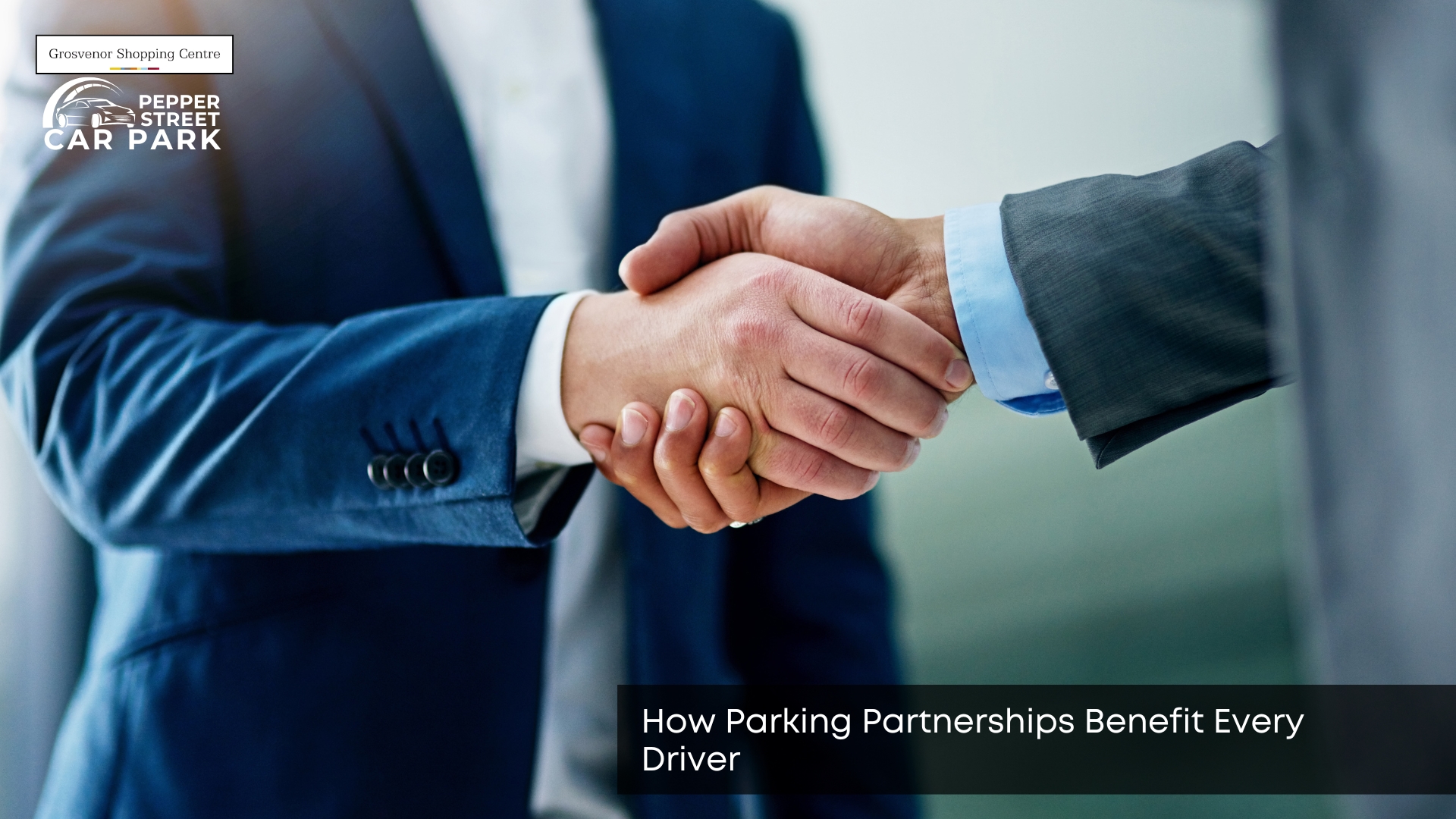Parking partnerships are agreements between councils, private operators, or businesses that aim to enhance the delivery of parking services. These collaborations help create smoother parking experiences, better maintenance, and more efficient use of space. From city centre schemes to retail car parks, drivers benefit when different stakeholders work together. This article explains how parking partnerships work, why they matter, and how they support drivers across the UK.
What Is a Parking Partnership?
A parking partnership is when two or more groups collaborate to manage and operate parking spaces. These may include local councils, private parking firms, property owners, or transport authorities. The goal is to improve parking operations through shared planning, maintenance, enforcement, or investment. Partnerships help deliver smarter parking services while keeping operations cost-effective. This collaboration often makes things more reliable for the people using the car park.
How Do Partnerships Make Parking More Efficient?
Partnerships make parking more efficient by coordinating the use, monitoring, and maintenance of spaces across different sites. Instead of working in isolation, partners share data, technologies, and responsibilities to manage traffic flow and parking availability. This means drivers spend less time circling for a spot or dealing with unclear signs. When efficiency improves, drivers can enjoy quicker, less stressful journeys. This also ties into how customer service improves under shared management.
Do Drivers Benefit from Better Customer Service?
Yes, drivers benefit from better customer service when car parks are run through partnerships. Joint efforts can lead to clearer communication, improved signage, more helpful staff, and faster responses to issues. Many partnerships also centralise support, making it easier for drivers to resolve complaints or get help. Improved service standards help build trust between drivers and operators. That increased confidence also links to better use of smart parking tools.
Can Parking Partnerships Support Smarter Technology?
Yes, parking partnerships often lead to the wider adoption of smart technology, such as automatic number plate recognition, contactless payments, and real-time occupancy apps. Shared systems enable drivers to enjoy consistent tech experiences across multiple locations. This reduces confusion and makes parking faster and more convenient. Technology also enhances enforcement and payment tracking, making operations more fair. The technical aspect also supports transparency, which in turn builds public trust.
How Do These Partnerships Help Keep Costs Down?
Parking partnerships help keep costs down by sharing maintenance, infrastructure upgrades, and staffing expenses. Operators can reduce duplication by pooling resources, resulting in savings that can be passed on to drivers through fairer rates. Some partnerships also cap pricing or offer combined ticketing across multiple locations. Lower running costs make the system more affordable while maintaining a professional appearance. That affordability becomes even more attractive when linked with loyalty or reward schemes.
Do They Offer Any Incentives for Regular Users?
Yes, many parking partnerships offer incentives for regular users such as loyalty programmes, season tickets, or discounted rates. Drivers who use multiple linked car parks can benefit from reduced charges or bundled services. This encourages consistent usage while rewarding those who park frequently. Such schemes make driving into towns and cities less expensive over time. Those incentives often go hand in hand with better regulation and fairness, as well.
Can Parking Partnerships Help Tackle Parking Misuse?
Yes, partnerships help tackle misuse by setting unified rules and using shared enforcement teams or technologies. Consistent rules reduce confusion for drivers and prevent people from abusing car parks by overstaying or parking across bays. Coordinated enforcement helps improve fairness and availability for everyone. Drivers are more likely to follow the rules when signage and penalties are standardised. This kind of control is especially useful during special events. Drivers are more likely to follow the rules when signage and penalties are standardised, especially when supported by a secure parking post solution.
Do These Partnerships Work Well for Events or Busy Seasons?
Yes, parking partnerships work very well for events and busy seasons by creating joined-up plans for managing space and flow. Coordinated car parks can handle more traffic, offer overflow areas, and provide live updates to help drivers. With shared staffing and tech, it becomes easier to keep everything running smoothly during peak times. Drivers appreciate when they are directed clearly and don’t face delays. And behind the scenes, these efforts often align with local transport goals.
How Do Parking Partnerships Support Local Councils and Businesses?
Parking partnerships support councils and businesses by easing congestion, improving visitor satisfaction, and generating consistent revenue. Local economies benefit when drivers find it easy to park and stay for longer periods. Partnerships also allow investment in better lighting, security, or sustainability upgrades. A well-managed long stay car park also benefits from these upgrades by offering visitors more comfort and consistency. In return, both public and private operators see long-term benefits. Those long-term gains are why partnerships are worth supporting from a broader policy perspective.
Are Parking Partnerships the Future of Smarter Parking?
Yes, parking partnerships are becoming a key part of smarter, more sustainable parking in the UK. They help balance the needs of drivers, local authorities, and operators by sharing resources and setting clear goals. With better planning, service, and technology, these agreements can reduce stress, improve safety, and keep car parks more accessible. Drivers who value reliable parking should welcome more collaboration. This brings us to why drivers should see these efforts as a long-term win.
Why Every Driver Gains from Smarter Parking Collaboration
Every driver benefits from parking partnerships, as they enhance reliability, fairness, and affordability across the board. Whether it’s faster payments, clearer signs, or better availability, collaboration behind the scenes leads to smoother reliable parking in Chester on the ground. As partnerships expand, drivers can expect higher standards and more seamless experiences at additional sites. When parking providers work together, everyone behind the wheel benefits.


Leave a Reply